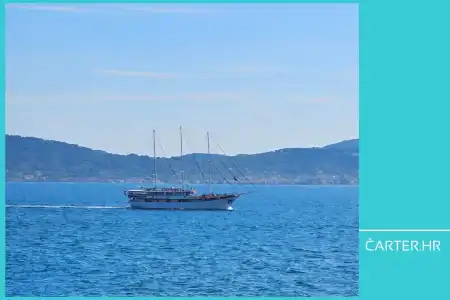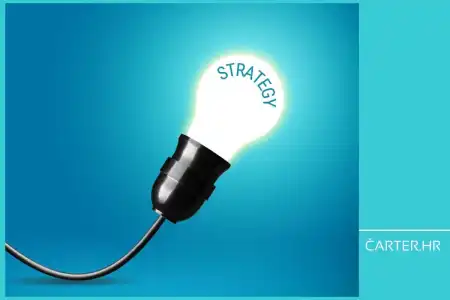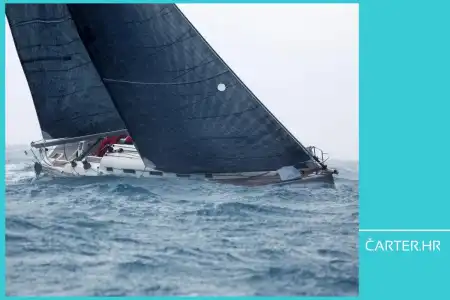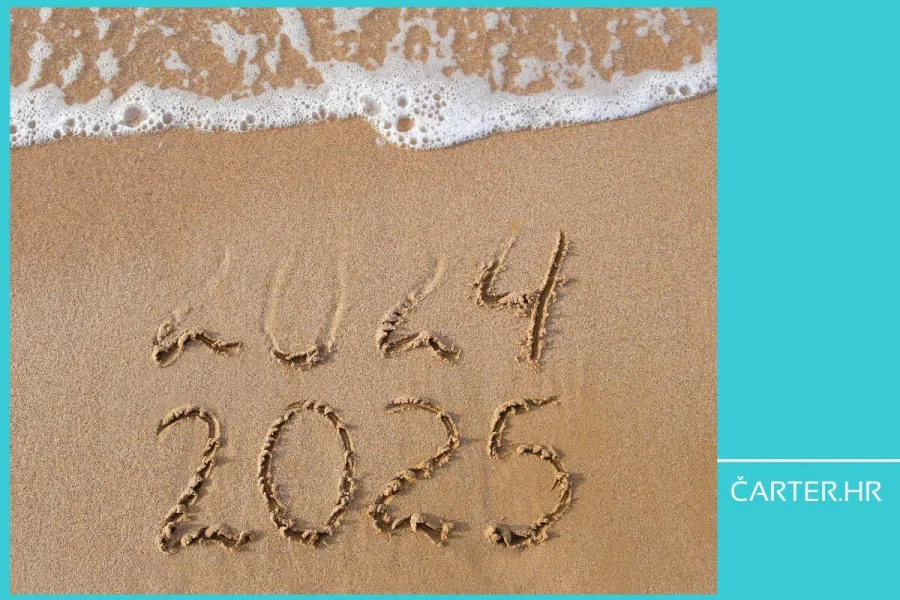
Our author Ivica Žuro analyses what awaits us in 2025, from taxes and marinas to the sustainability of nautical charters and tourism strategies. In this article, which combines economics and tourism, he shares how to plan for long-term success in times of uncertainty. What can we learn from past years, and how can we adapt to new circumstances?
2025 is here, and in order not to meet us with a club behind the wall, it is logical and expected to prepare as well as possible for it.
This is especially true for nautical charter, which had a very challenging year in 2024. Not infrequently, agencies set negative records in terms of granting discounts and repair costs of minor or major damage, and we found out that there is no shortage of new vessels this year.
Apart from more luxurious ships, almost the largest number of vessels is currently available.
As the character in the TV series said: What's next, cousin?
We have already suggested, both on these pages and at meetings in the industry, that organisation is key to the survival of the largest number of nautical charter agencies.
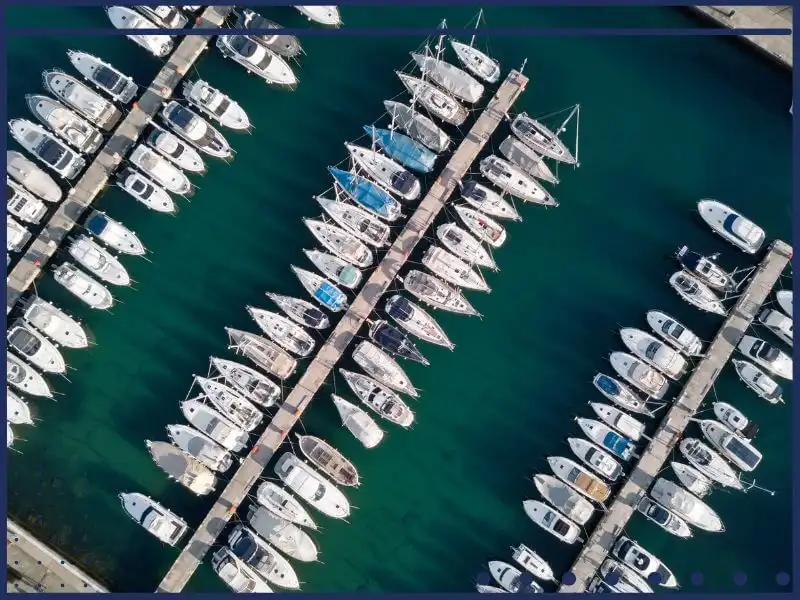
Marinas vs. yacht charters—who actually pays?
The second and practically more important item is the reduction of the marinas appetites.
Again, the battle will be fought over the final price, and a very important item is that of covering fixed costs.
Given that the prices of services in marinas have gone up significantly without improving the offer, that is, without quality coverage, one should be realistic and ask oneself:
Will the daily moorings in the season cover the planned earnings if the charter agencies stop working?
We all know the answer—not even close.
Therefore, it is wiser to have concrete earnings in the next 5 years than a big jump in 1 year and then a minus.
Marinas would do a lot for their business and the survival of the entire system if they offered longer-term contracts for permanent users with a slightly adjusted price and raised the prices of one-day connections.
It is easier to plan when you know both earnings and expenses in the long term.
Tax changes—we don't want politics in our store, but it wants us(?)
Let's move on. Forecasts for this year are reflected in a drop in the inflation rate to the desired 3% and lower, and interest rates on loans from the financial sector should roughly follow this.
Another major innovation is the tax changes, which were largely adopted not to make it easier for entrepreneurs and citizens, but to maintain a system in which 30% of all workers in Croatia work in the public sector and have an average salary net 350 euros higher than the real sector.
Who finances both his own and the public one?
We don't want politics in our shop, but we want facts... And they are relentless and say that it makes no sense to introduce new taxes, but we should reduce existing burdens.
No matter how much the average citizen of Croatia wants another's cow to perish - when all cows die, there is no meat for anyone.
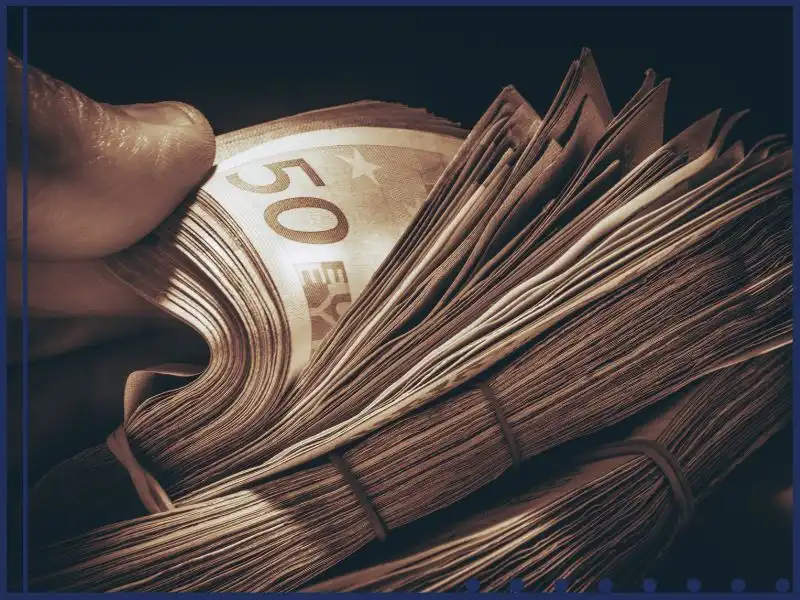
Tourism revenues—big numbers, low consumption
Specifically, the surplus on the current and capital account of the state's balance of payments in the period until the end of September this year amounts to 1.04 billion euros, or 1.2% of GDP.
For the sake of comparison, for the whole of 2023, the surplus amounted to 2.54 billion euros or 3% of GDP.
When the overlap in the last quarter of 2023 is eliminated, according to the logic of things, in the last 7 quarters, the Republic of Croatia has earned over 3 billion euros more compared to expenditures.
Tourism itself played a significant role in such a positive result in the last 2 years—in the just-ended year, the income from tourism amounted to 13.2 billion euros, while in 2023 it reached 12.96 billion.
But it doesn't matter; just in case, the existing taxes were renamed and slightly increased along the way.
Local elections are coming up; voters need to be motivated.
This is where the topic that has been the subject of the most debate stands out, that is, the real estate tax, which changes its name to the tax on vacation homes. It will amount to 0.6 to 8 euros per m² and is mandatory for all municipalities and cities.
The municipality and the city on whose territory the real estate is located will receive 80 percent, and the county will receive 20 percent of the revenue from the real estate tax.
It is estimated that the new and increased tax will bring in about 66 million euros, or almost 3 times more than last year's 23 million.
In accordance with the tourism development index, municipalities and cities will make a decision on the amount of the tax per bed within the prescribed limits.
Split, Zadar, Dubrovnik, and other more developed units will charge between 100 and 300 euros for the most developed units.
Those in the second group will be able to fine the renters with a flat tax from 70 to 200, in the third from 30 to 150, and in the least developed tourist areas from 20 to 100 euros per bed.
Not all is negative, there have also been positive changes in the form of a lower income tax rate and a higher VAT threshold.
Municipalities will now be able to set the lower rate at a maximum of 20 percent, smaller cities at 21 percent, larger cities and county centres at 22 percent, and the City of Zagreb at 23 percent.
With higher tax rates, the upper limit for municipalities will be 30 percent, for cities 31 percent, for large cities and county centres 32 percent, and for Zagreb 33 percent.
At the same time, the lower limits for the lower rate will remain at 15 percent, and for the higher rate at 25 percent.
The basic personal deduction is also increased from 560 to 600 euros, and accordingly, the amounts of the basic personal deduction for dependents and disability also increase.
The threshold for applying a higher rate of income tax increases from 50,400 to 60,000 euros.
The threshold for entry into the VAT system was raised to the same level as of January 1, from EUR 40,000 to EUR 60,000.
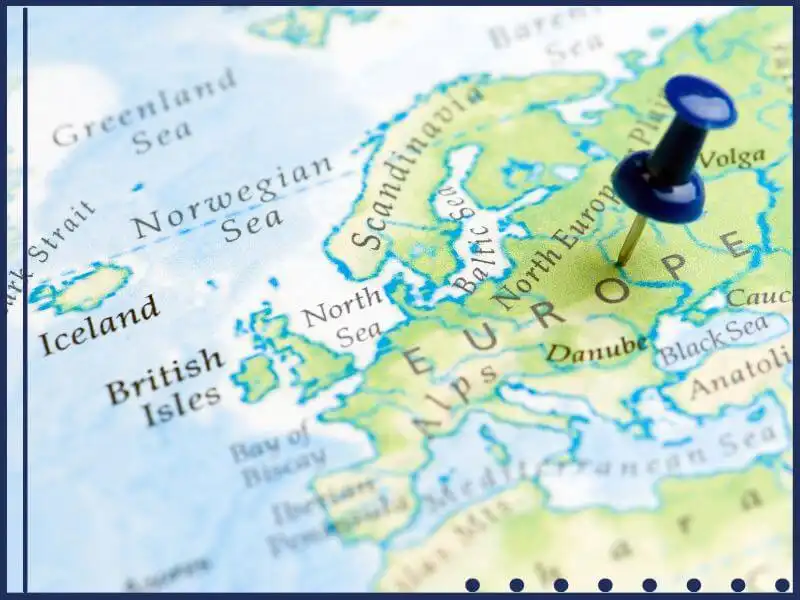
OK, let's get back to tourism, which will play a particularly important role this year because the recession is expected to reduce export revenues.
Germany, the largest export market, is in crisis, and it is still valid there:
When that country's nose itches, we sneeze here.
As much as 18% of our exports are intended for partners from that country, plus every 0.5% drop in GDP for them means a 10% or more drop in the total export of "Lijepa Naša".
Until we find new markets and enter the OECD, what we can do is deal with existing capacities.
The management of destinations in many locations is still not even in the back of their minds, which is clearly indicated by the fact that tourists in Croatia spent significantly less than their competitors.
The daily consumption in Italy and Spain is on average about 215 and 260 euros, in France about 500 euros, and in our country 160 euros.
In addition, according to the trend of the EBITDA margin, the tourism sector recorded a drop in profitability in 2023 to 17.7%, while the year before, in conditions of still semi-closed competition, it had 22.1%.
"Only a fool is bitten twice by a snake from the same hole," say the old folk.
Very applicable to what needs to be improved in one of the important branches in the country where this year we had a lot of questions about why guests don't come and spend as much as we imagined they should.
Lessons we must learn
While we're at each other's throats over rentiers and hosts, the rest of the tourist forces are actively considering new opportunities for higher earnings, and not necessarily through a larger number of guests and dumping prices.
One of them is the growing trend of travel that is present everywhere in the Western Hemisphere.
For example; our tourism should already have a strong impulse from a better performance on Asian markets, because these tourists want to get to know the country and not just limit their stay to certain destinations.
For such a thing you need:
✅ Design as many events as possible related to the spirit of the area.
✔️ Brand yourself in a cultural/historical/entertainment and similar sense.
❇️ Fight with active measures against seasonality not only in city centres,
✳️ Invest in transport infrastructure.
The experiences are there; you learn while you're alive...
...and if others are progressing, they are clearly doing something better.
Categories of trends
- News
- Sale
- Marketing
- SEO
- Web design
- Social media
- Technology
- Regulations
- Management
- Education
- Finances
- User experience
Newsletter
Sign up for the newsletter and receive the latest trends and tips straight to your inbox

